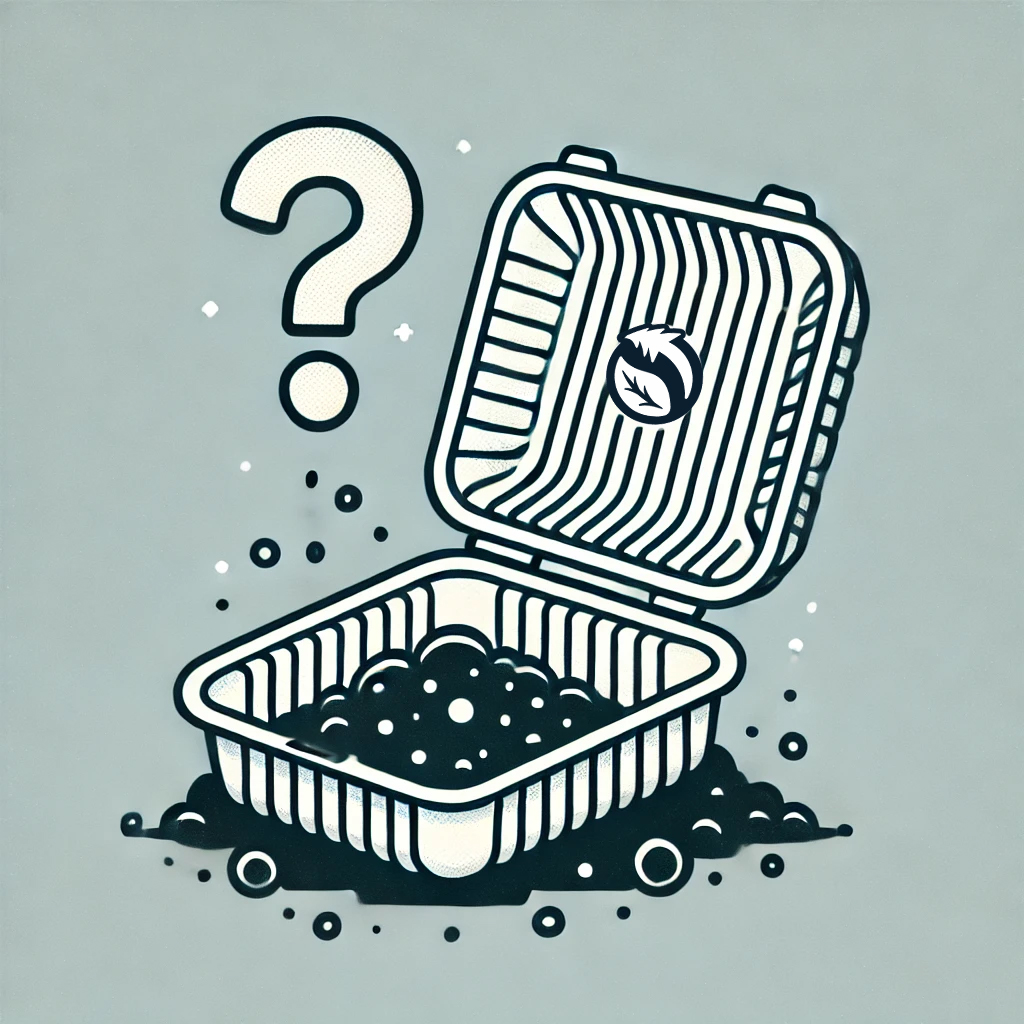A Guide to
Choosing the Right Packaging: Compostable vs. Biodegradable
In the growing eco-conscious marketplace, the terms “compostable” and “biodegradable” are often used interchangeably, leading to confusion among consumers and businesses alike.
With so many eco-friendly labels out there, it’s easy to assume that “compostable” and “biodegradable” mean the same thing, but these terms actually have different meanings – and big impacts. Understanding them can help you make better choices and avoid “greenwashing.”





